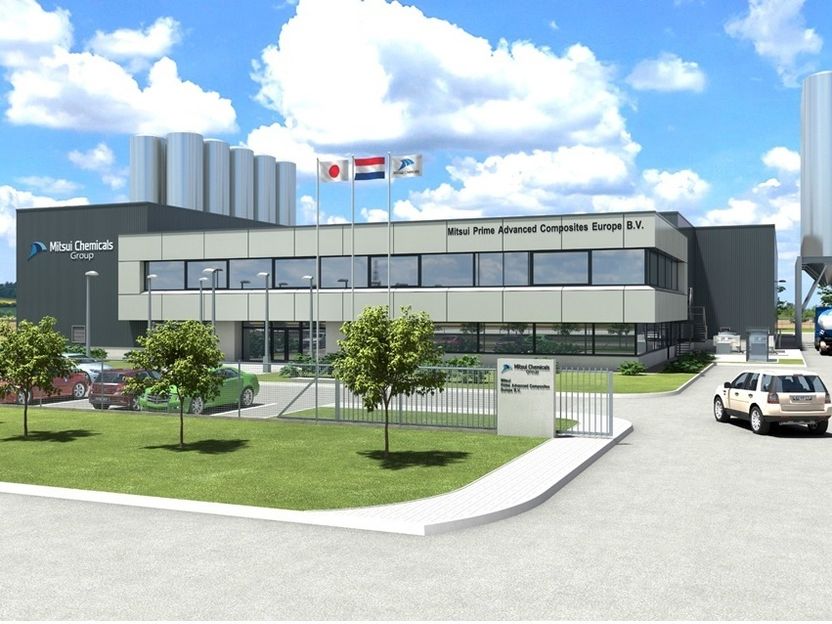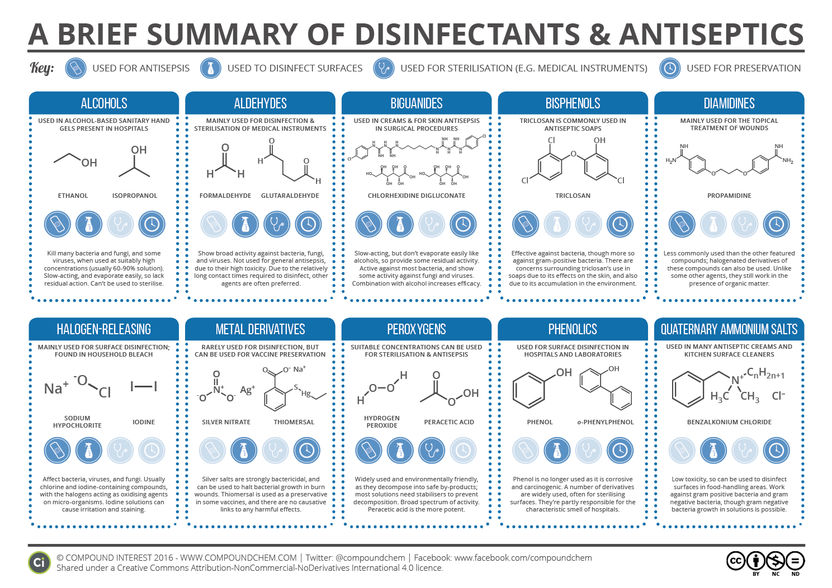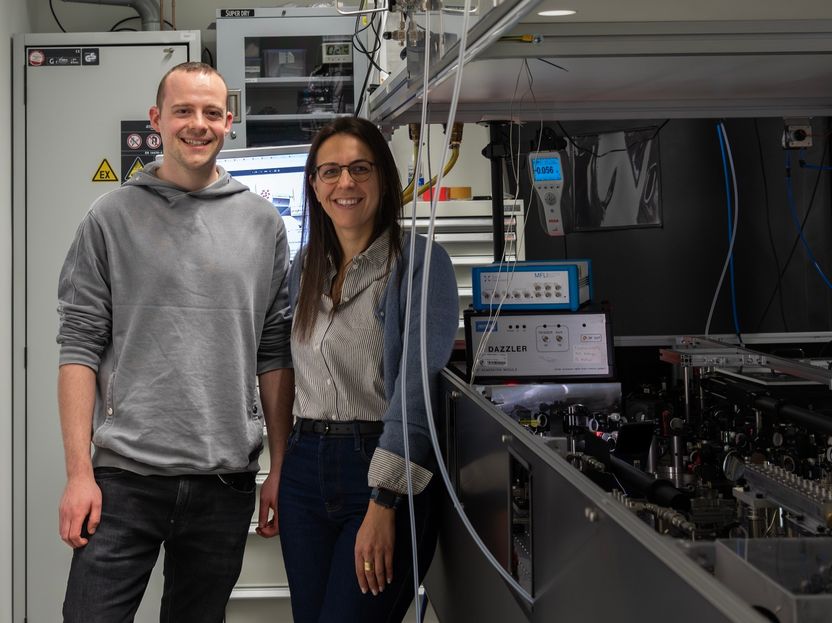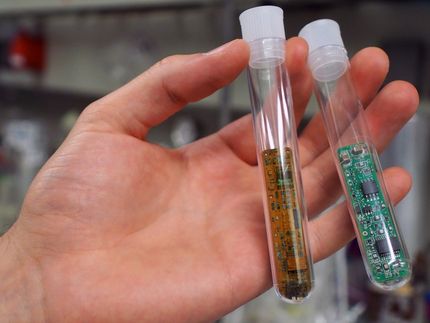Bruker Daltonics and German Collection of Microorganisms and Cell Cultures Identify Microorganisms by Mass Spectrometry
Bruker Daltonik GmbH and the German Collection of microorganisms and cell cultures (DSMZ) announced a collaboration for the identification and classification of microorganisms from peptide and protein profiles measured by MALDI-TOF mass spectrometry. The DSMZ uses Bruker Daltonik´s novel CLINPROT BioTyper(TM) system to generate protein profiles and to perform the required advanced data analysis.
The DSMZ currently stores and maintains approximately 14,000 cultures, representing 6,900 species from different types of microorganisms, including archaea, bacteria, yeasts and fungi. In the course of the planned collaboration, a comprehensive database will be generated that will include species and strains for many different application areas such as microbiological classification, clinical and diagnostic infectious disease research, as well as environmental analysis, food safety and water quality. The DSMZ will use the CLINPROT BioTyper for its internal quality control of strains, as well as for its on-going phylogenetic research in various microorganisms.
Topics
Organizations
Other news from the department science

Get the chemical industry in your inbox
By submitting this form you agree that LUMITOS AG will send you the newsletter(s) selected above by email. Your data will not be passed on to third parties. Your data will be stored and processed in accordance with our data protection regulations. LUMITOS may contact you by email for the purpose of advertising or market and opinion surveys. You can revoke your consent at any time without giving reasons to LUMITOS AG, Ernst-Augustin-Str. 2, 12489 Berlin, Germany or by e-mail at revoke@lumitos.com with effect for the future. In addition, each email contains a link to unsubscribe from the corresponding newsletter.
Most read news
More news from our other portals
See the theme worlds for related content
Topic World Mass Spectrometry
Mass spectrometry enables us to detect and identify molecules and reveal their structure. Whether in chemistry, biochemistry or forensics - mass spectrometry opens up unexpected insights into the composition of our world. Immerse yourself in the fascinating world of mass spectrometry!

Topic World Mass Spectrometry
Mass spectrometry enables us to detect and identify molecules and reveal their structure. Whether in chemistry, biochemistry or forensics - mass spectrometry opens up unexpected insights into the composition of our world. Immerse yourself in the fascinating world of mass spectrometry!
Last viewed contents
Catagenesis_(geology)
Almac Opens Analytical Labs in New US Headquarters

Mitsui Chemicals and Prime Polymer Establish New PP Compounds Company in Netherlands

A Brief Summary of Disinfectants & Antiseptics




























































